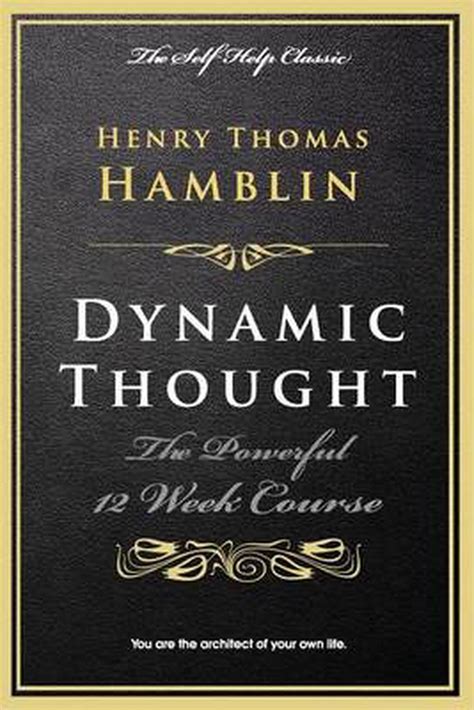A Quote by Albert Camus
Virtue cannot separate itself from reality without becoming a principle of evil.
Related Quotes
[the virtues] cannot exist without Prudence. A proof of this is that everyone, even at the present day, in defining Virtue, after saying what disposition it is [i.e. moral virtue] and specifying the things with which it is concerned, adds that it is a disposition determined by the right principle; and the right principle is the principle determined by Prudence.
You cannot be naïve about evil. You cannot be naïve to the reality that there are human beings and human situations which have totally identified with the dark side of reality. They are malicious. Realism teaches you to put up appropriate boundaries so that people can't do any more evil than possible. But that doesn't mean you do evil back to them.
We want character but without unyielding conviction; we want strong morality but without the emotional burden of guilt or shame; we want virtue but without particular moral justifications that invariably offend; we want good without having to name evil; we want decency without the authority to insist upon it; we want more community without any limitations to personal freedom. In short, we want what we cannot possibly have on the terms that we want it.
It is, indeed, a fact that, in the midst of society and sociability every evil inclination has to place itself under such great restraint, don so many masks, lay itself so often on the procrustean bed of virtue, that one could well speak of a martyrdom of the evil man. In solitude all this falls away. He who is evil is at his most evil in solitude: which is where he is at his best - and thus to the eye of him who sees everywhere only a spectacle also at his most beautiful.
Neither the circle without the line, nor the line without the point, can be artificially produced. It is, therefore, by virtue of the point and the Monad that all things commence to emerge in principle. That which is affected at the periphery, however large it may be, cannot in any way lack the support of the central point.
I just don't seem to be capable of believing in evil as some separate, distinct power within itself. I guess I'm just not a Southern Baptist or a Fundamentalist. I just don't seem to be capable of believing in it myself, somehow. I don't . . . I can't conceive from my experience how this force of evil can exist without the force of love being right there.
Feminism without spirituality runs the risk of becoming what it rejects: an elitist ideology, arrogant, superficial and separatist, closed to everything but itself. Without a spiritual base that obligates it beyond itself, calls it out of itself for the sake of others, a pedagogical feminism turned in on itself can become just one more intellectual ghetto that the world doesn’t notice and doesn’t need.







































